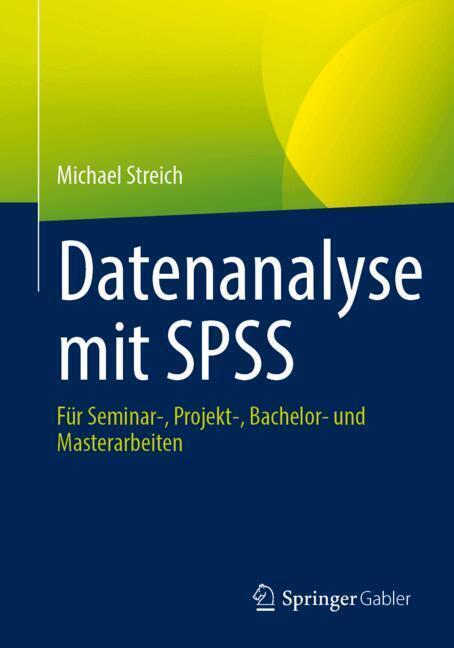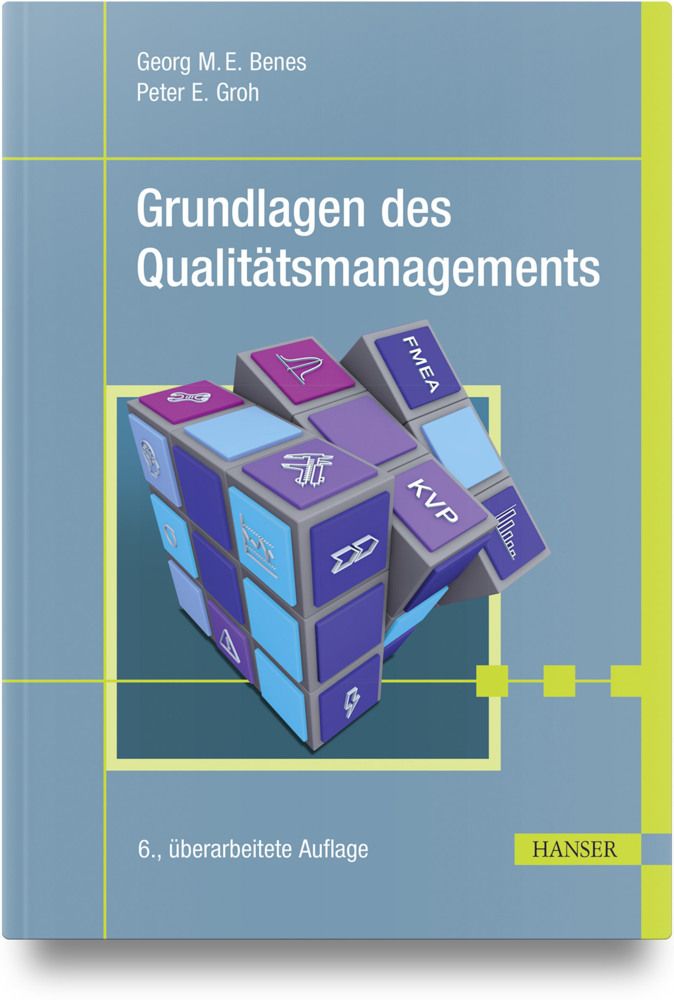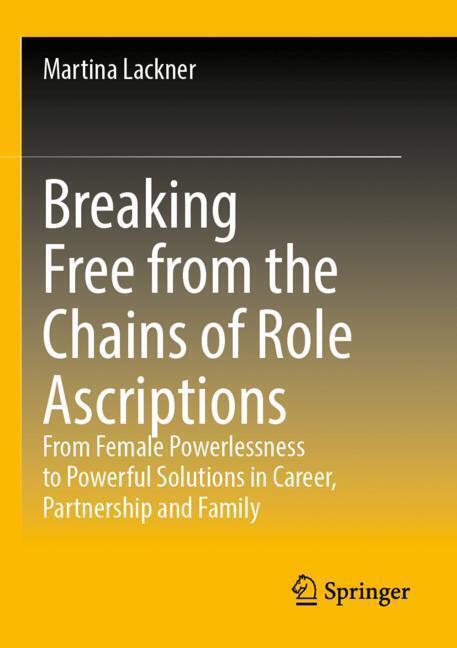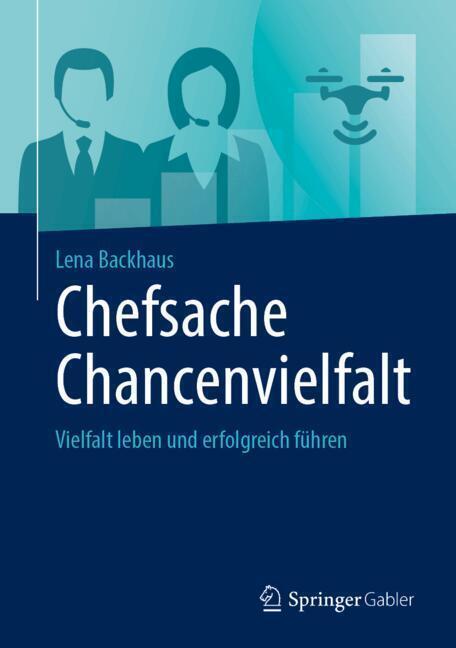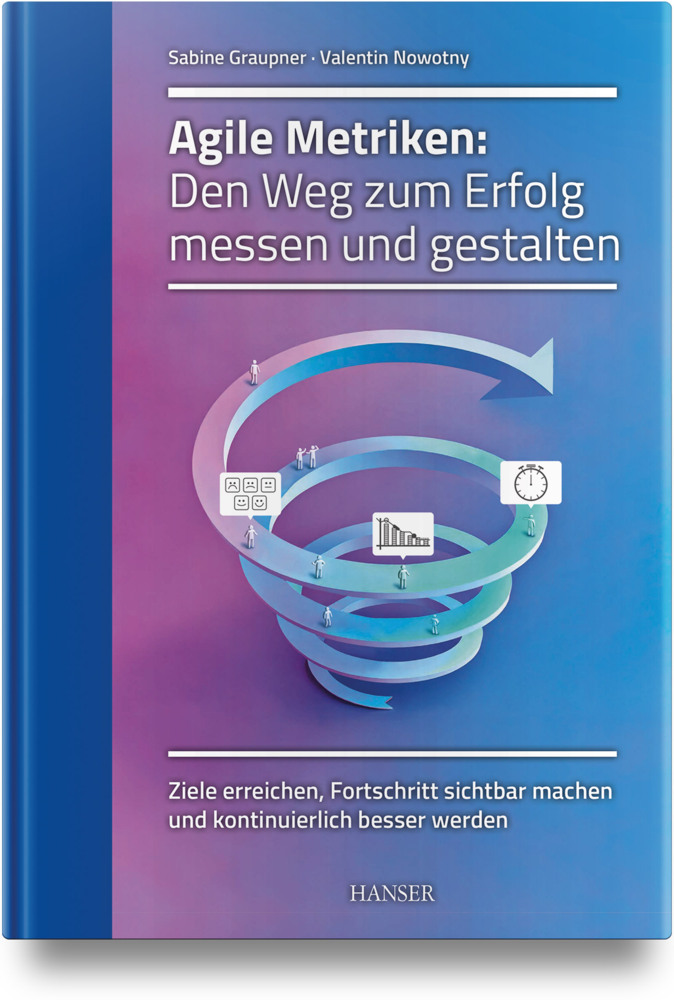Affected
This book explores the implications and relevancies of personal affect and organisational complexity for navigating organisational processes, relationships, changes and aspirations. In today's climate, worker roles, relations and responsibilities are becoming increasingly complex and variable. Using personal experiences of organisational conflict as a point of departure, this book reflects on organisational change, complexity and research.
It moves from experiential towards theoretical and methodological issues, exploring the question of how to confront and intervene in organisational complexity. Among others, the main theories brought to bear on this question include complexity theory, affect theory and sphere theory (or 'spherology'). The research approaches and methodologies discussed include anthropology/ethnography, discourse studies, visual research and (the turn to) participatory enquiry.
The book's main message is to advocate for a collaborative, affective, visualised and future-oriented research agenda that rejects the conventional objectivist break and 'division of learning' characterising researcher-researched relationships. It will appeal to students and academics working in the fields of alternative research methods, the social sciences, organisational studies and management theory.
Rick Iedema is Professor and Director of the Centre for Team-based Practice and Learning in Health Care at King's College London, UK. His main research interests include interprofessional collaboration and communication and service users' involvement in practice development. He has pioneered innovative organisational and healthcare communication research methodologies, including video-reflexive ethnography.
Iedema, Rick
| ISBN | 9783030627362 |
|---|---|
| Artikelnummer | 9783030627362 |
| Medientyp | E-Book - PDF |
| Copyrightjahr | 2020 |
| Verlag | Palgrave Macmillan |
| Umfang | 131 Seiten |
| Sprache | Englisch |
| Kopierschutz | Digitales Wasserzeichen |





